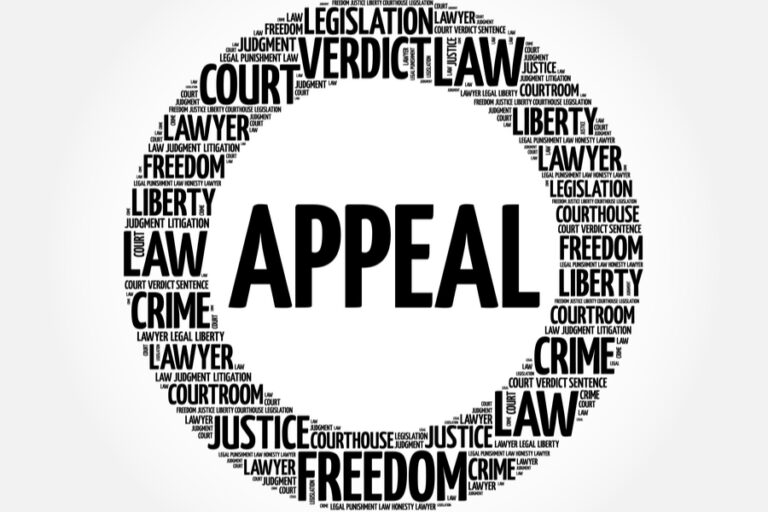What is a Prenuptial Agreement?
A Prenuptial Agreement or “prenup” is a colloquial American term referring to an agreement entered into by people who are proposing to marry. The aim is to exclude either of them going to the Family Court if they ever separate, “protecting” by stating how in the “good times” each person’s assets will be divided and how their debts will be repaid if the parties’ split. In Australia, we refer to “prenups” as “Binding Financial Agreements” or “BFAs” for short. De facto and same-sex couples can also enter into BFAs.
Unlike prenuptial agreements, there are, in broad terms, 3 types of BFAs:
- Agreements entered into before marriage
- Agreements entered into during marriage
- Agreements entered into after a divorce order is made
A BFA has the power to oust the Court’s jurisdiction with respect to financial matters or resources expressly dealt with in the agreement. So, if you and your partner signed a BFA prior to marriage and later divorce, your partner cannot make a claim on your property if that property was specifically excluded in the BFA.
Do I need a Binding Financial Agreement?
A common misconception is that BFAs are only for wealthy people. However, people of all ages and economic means can benefit from a BFA. We recommend thinking about the following questions:
- Do you own any real estate?
- Do you own more than $50,000 in assets?
- Do you earn more than $100,000 per year?
- Do you own any business or part of a business?
- Does your will name beneficiaries than your current partner?
- Do you have children from a previous relationship?
- Have you recently received or expect to receive a significant inheritance in the near future?
- Do you have more than $50,000 in accumulated superannuation?
If you answered “yes” to any of the above, you should consider a BFA. However, even if you answered no to all of the above questions, a BFA can still be used to protect future assets you may acquire. Some people may even want to enter a BFA for emotional reasons.
For example, one of our client’s, Sally, wished to enter into a BFA prior to marrying her fiancé John (not their real names). John was a successful businessman who owned several properties in his name and Sally was a part-time retail assistant. Sally wanted to enter into a BFA for social reasons so his and her friends could not claim that she was ‘marrying for money’.
Although the topic of BFA’s is not very romantic, the issues set out in a BFA are issues that will need to be discussed with your partner at one point or another. The earlier you broach these subjects with your partner, the better. The division of property between parties following the breakdown of a relationship can be extremely painful. Parties can spend thousands of dollars on legal fees and years in the family court system. The advantage of a BFA is that it can provide you with some certainty as to the outcome, dramatically reduce the emotional impact and protect your most valuable assets and expedite the process following separation.
Can a BFA be overturned?
Yes – but only in the following circumstances:
- The agreement was obtained by fraud (e.g. one party failed to disclose all their assets)
- The binding requirements of the BFA were not met (e.g. failure to obtain independent legal advice)
- There has been a significant change in circumstances since the agreement was made which had not been provided for in the BFA (e.g. birth of a child to the couple)
- If there was unconscionable conduct during the drafting and/or signing of the agreement (e.g. the agreement was signed on the day of your wedding).
If you are thinking about getting a BFA or want some further clarification, please do not hesitate to get in touch with our family law team. We are experts in drafting them and court battles about their validity.
Important Disclaimer: The content of this article is general in nature and for reference purposes only. It does not constitute legal advice and should not be relied upon as such. Legal advice about your specific circumstances should always be obtained before taking any action based on this publication.











